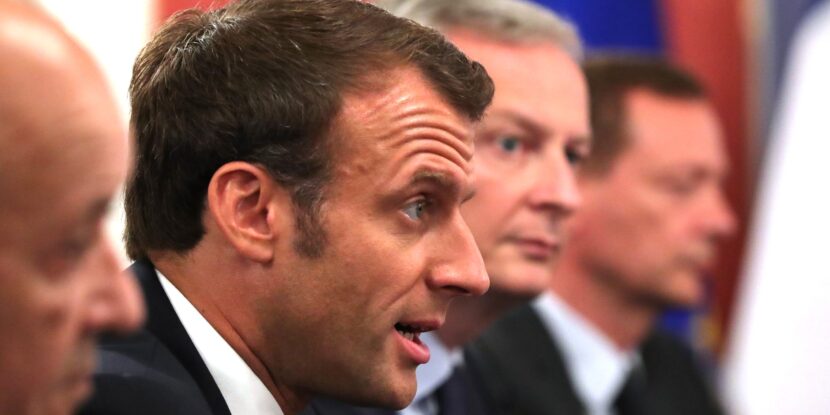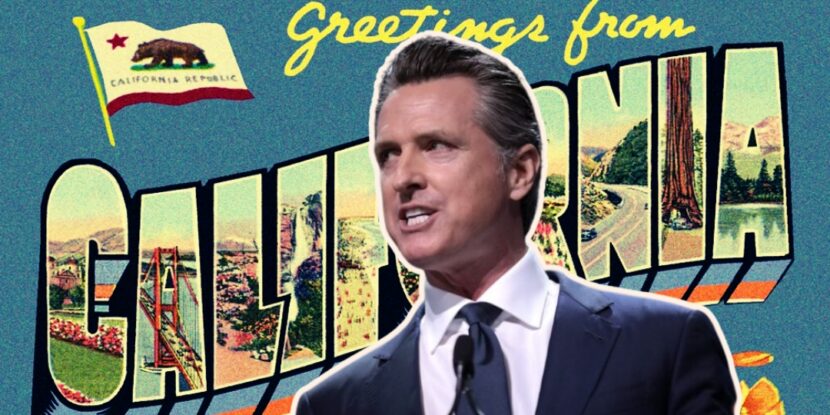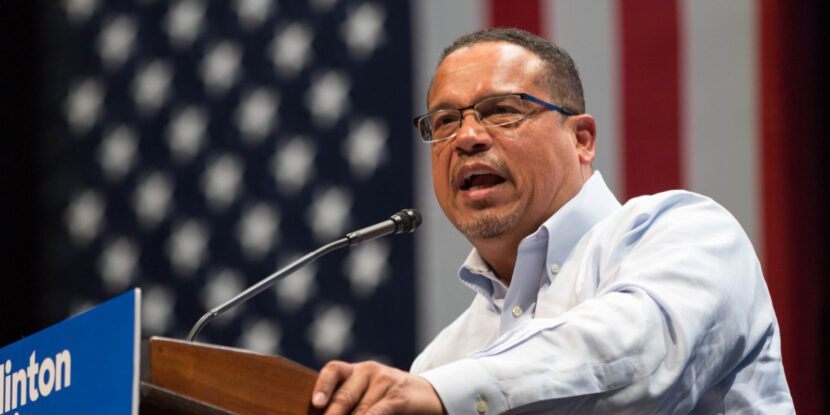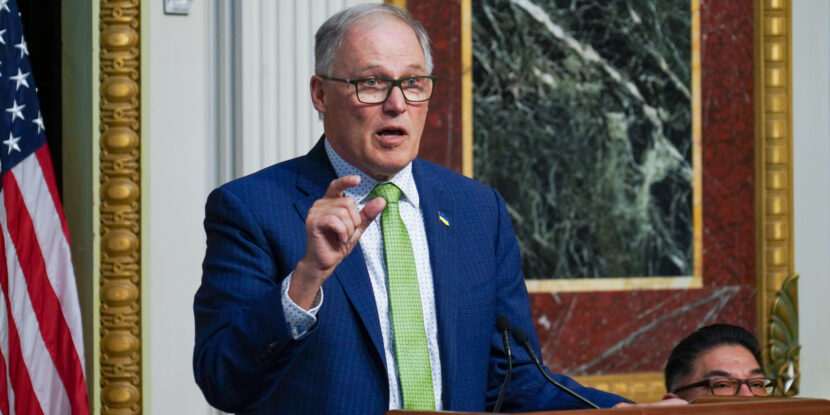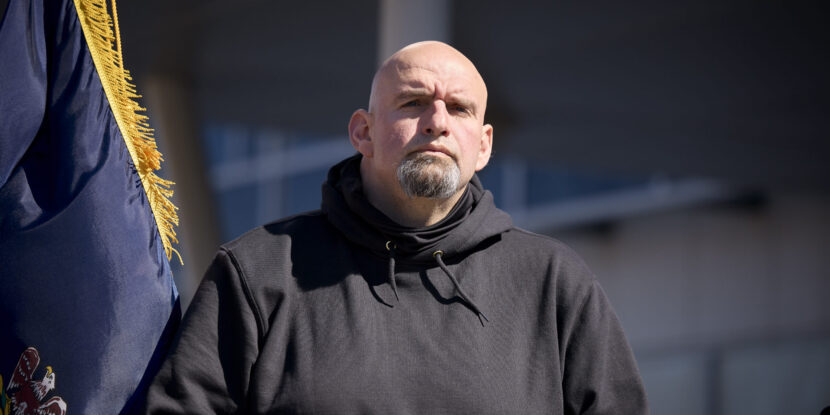❓WHAT HAPPENED: French Prime Minister Sébastien Lecornu resigned just hours after unveiling his cabinet, marking the third government collapse in France in under a year.
👤WHO WAS INVOLVED: French President Emmanuel Macron, Prime Minister Sébastien Lecornu, opposition leaders, including Marine Le Pen, of the populist National Rally (RN) party, and Jean-Luc Mélenchon, of the far-left France Unbowed party, and German government officials.
📍WHEN & WHERE: Paris, France; October 6, following Lecornu’s cabinet announcement on Sunday evening.
💬KEY QUOTE: “The interest of France requires that Emmanuel Macron schedule his resignation, in order to preserve the institutions and unblock a situation that has been unavoidable since the absurd dissolution.” – David Lisnard, Mayor of Cannes.
🎯IMPACT: Macron faces growing pressure to resign or dissolve the National Assembly, with political instability affecting France’s economy and raising concerns in the European Union (EU).
French President Emmanuel Macron is facing growing pressure to resign or dissolve the National Assembly after Prime Minister Sébastien Lecornu stepped down on the morning of October 6, just hours after presenting his new cabinet. Lecornu’s resignation marks the third collapse of a French government in under a year, highlighting the deepening political crisis Macron’s administration is struggling to contain.
Lecornu, appointed less than a month ago, had attempted to stabilize the government by pledging not to use Article 49.3 of the French Constitution. This controversial mechanism allows the government to bypass parliament when passing legislation. However, his cabinet choices, announced late Sunday, triggered backlash across the political spectrum. The center-right Les Républicains (LR), whose support Lecornu needed for a working majority, publicly rejected the appointments, leaving his government effectively dead on arrival.
In response, calls for Macron to step down have intensified. Populist National Rally (RN) leader Marine Le Pen called on the French president “to dissolve the National Assembly; we’ve reached the end of the road. There won’t be any more tomorrow… We’ve reached the end of the joke, the farce has gone on long enough.” Her party’s president, Jordan Bardella, concurred that stability could only be restored through new elections.
Despite the mounting criticism, Macron has refused to resign and maintains that he will complete his second term, which runs until 2027. However, his authority has been visibly weakened since he called surprise snap elections in 2024 following poor European Parliament results, which RN topped. That move proved to be a disaster, with the “Macronist” majority losing out to both the RN and a bloc of far-left parties, leaving the government in a near-constant state of paralysis.
Public dissatisfaction is also rising. A poll conducted in early 2025 showed that over 60 percent of French citizens believe Macron should resign, citing loss of trust, political instability, and failure to deliver on promised reforms. Meanwhile, protests and strikes continue to paralyze parts of the country. The “Block Everything” movement has led to widespread disruption, including road blockades and violent clashes with police in Paris.
Economic concerns are adding to the pressure. The Paris stock exchange dropped following Lecornu’s resignation, and foreign officials, including from Germany, have stressed the need for a stable France to ensure broader European stability.
With no clear path forward, Macron faces a difficult decision: appoint another prime minister at the risk of another quick collapse, or give in to demands for new legislative elections.
Join Pulse+ to comment below, and receive exclusive e-mail analyses.
